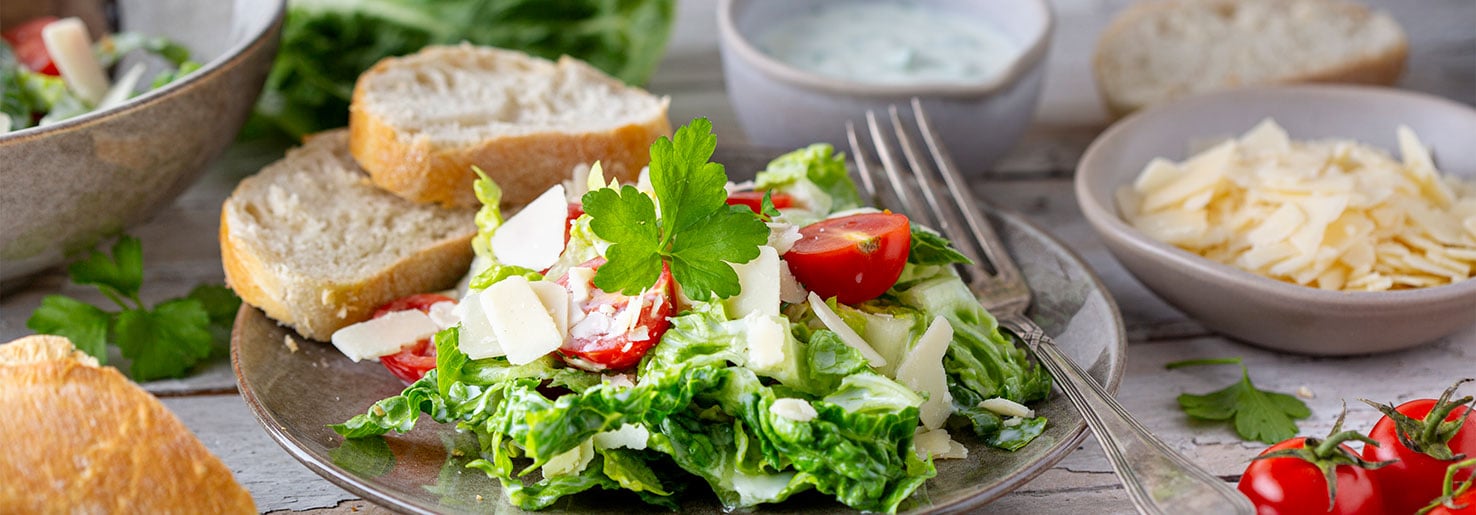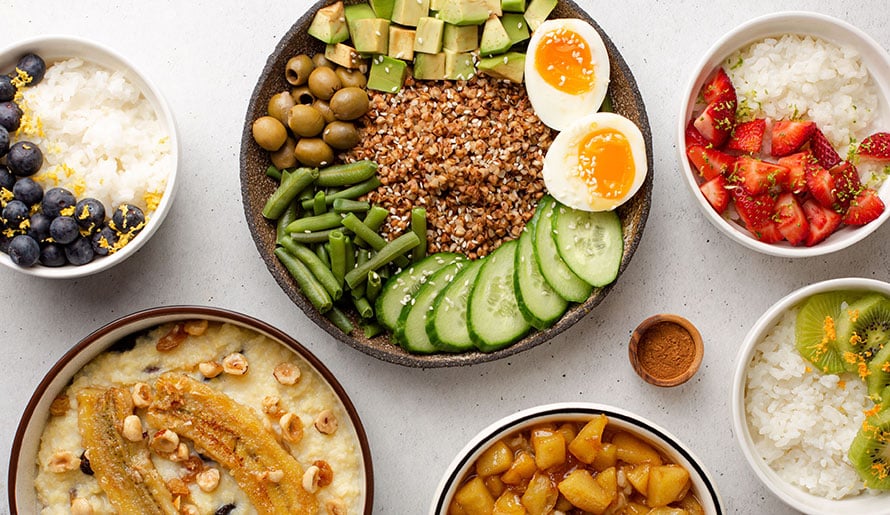
Best Diet During Immunotherapy
Proper nutrition is essential to your good health. A well-balanced diet can provide all of the nourishment, energy and hydration you need to support your body and ensure proper function. Healthy eating can also help ward off certain serious illnesses, such as heart disease, type 2 diabetes and some types of cancer.
A healthy diet is especially important if you are undergoing cancer treatment. Through the foods and beverages you consume, your body can receive sufficient vitamins, minerals, proteins, fats, sugars and water to ensure you have the strength and stamina you need to get through this physically and emotionally challenging time. Studies show that proper nutrition plays a key role in the success of immunotherapy, an innovative treatment that capitalizes on the power of the body’s own immune system to fight cancer.
Benefits of healthy eating during immunotherapy
In addition to improving your body’s response to immunotherapy, the right diet can help you:
- Achieve and maintain a healthy body weight
- Maintain muscle mass
- Promote the growth of healthy cells and tissues
- Recover more quickly from surgery
- Fight off infections
- Manage any side effects of treatment
Foods to incorporate into your diet during immunotherapy
During immunotherapy, some of the dietary advice you receive from clinical dietitians and nutritionists might seem a bit different than the general nutrition guidelines you normally follow. However, keep in mind that the best diet for immunotherapy is designed to ensure that your body will get the calories and proteins it needs to stay strong.
After you begin cancer treatment, you might have difficulty maintaining your usual eating habits. For instance, you may develop painful mouth sores and throat irritation that interfere with your ability to swallow. To compensate, you may need to incorporate different foods and beverages into your diet, such as thick, cold milkshakes that are easy to swallow. Although some of the recommended dietary choices might seem unhealthy, remember that you will only need to eat this way for a short time.
Hydration
It is vital to stay well-hydrated during cancer treatment. In addition to plain water, you can also hydrate with:
- Clear soups, such as broth, bouillon and consommé
- Fruit and vegetable juices
- Sports drinks
- Tea (hot or iced)
- Milk and milkshakes
- Nutritional supplement drinks
- Gelatin
- Ice pops
- Ice cream and frozen yogurt

Protein
Protein is essential to strengthen your immune system and help you heal. If your body does not get enough dietary protein, it might begin to break down muscle to get the fuel it needs. This can lower your resistance to infection and interfere with your recovery.
Like many people, you might need more protein—as well as more calories—than usual during cancer treatment. Foods that are naturally rich in protein include fish, poultry, lean red meats, low-fat dairy products, eggs, beans, lentils, nuts and soy foods. In addition to eating protein-rich foods, you can increase your protein intake by:
- Enhancing casseroles, salads and soups with cooked meats
- Sprinkling grated cheese on soups, sauces and vegetables
- Adding cheese and diced, cooked meats to omelets and quiches
- Smearing hummus on sandwiches
- Opting for Greek yogurt instead of regular yogurt
- Spreading nut butter on celery, apples and bananas
- Blending nut butter into smoothies and shakes
- Snacking on nuts and cheese
- Enjoying desserts made with eggs, such as cheesecakes, puddings and custards
Foods to avoid during immunotherapy
If you experience dry mouth during immunotherapy, you may want to avoid dry or hard-to-swallow foods, such as:
- Bread
- Bakes potatoes
- Peanut butter
Likewise, if you experience mouth irritation or sores, you may want to avoid acidic foods, such as:
- Citrus fruits
- Vinegar-based salad dressings
- Tomatoes
- Carbonated beverages
- Alcoholic beverages
How Moffitt Cancer Center supports patients during immunotherapy
At Moffitt, registered dietitians are available in our cancer center and outpatient clinics to provide our patients with personalized guidance on the best diet for immunotherapy. These experienced supportive care professionals can also offer evidence-based suggestions for managing any side effects of immunotherapy, such as nausea, vomiting, diarrhea and loss of appetite.
You can consult with a cancer expert about immunotherapy at Moffit with or without a referral. To request an appointment, call 1-888-663-3488 or submit a new patient registration form online. As our patient, you can feel confident that you are a top priority of a cancer center that delivers nationally-ranked care in new and transformative ways.
